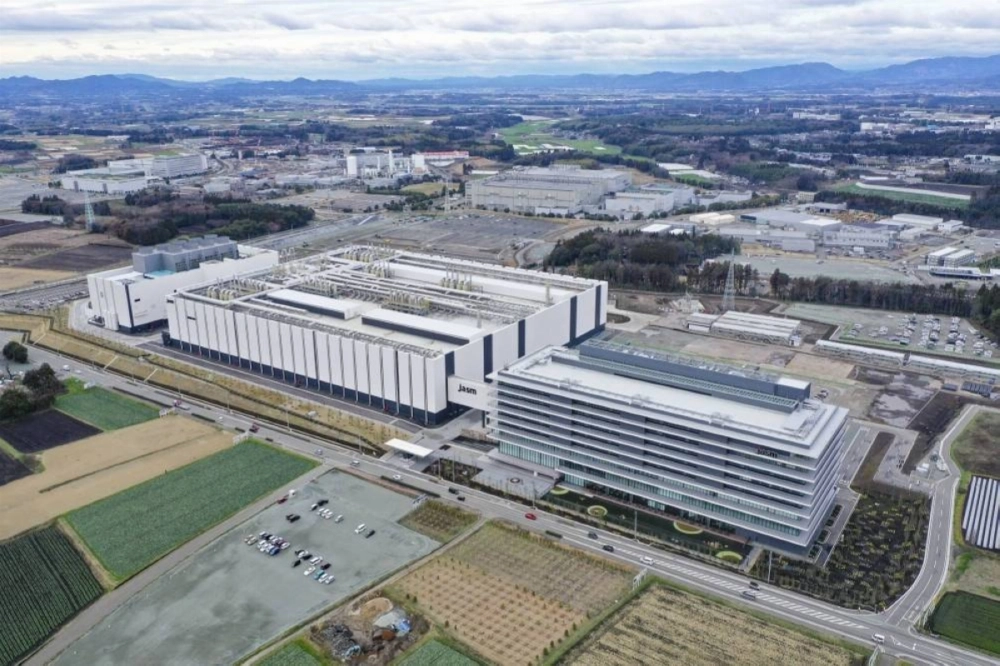Plans to build a third Taiwan Semiconductor Manufacturing Co. foundry in Japan have not been confirmed, according to a senior Taiwan government official.
“As far as I know, it hasn’t been decided yet,” Minister of National Development Liu Chin-ching said in Tokyo on Tuesday.
TSMC, the world’s second-largest semiconductor maker by market capitalization after Nvidia, has already completed a plant in Kikuyo, Kumamoto Prefecture. The chip foundry will begin full operations by the end of the year.


















With your current subscription plan you can comment on stories. However, before writing your first comment, please create a display name in the Profile section of your subscriber account page.